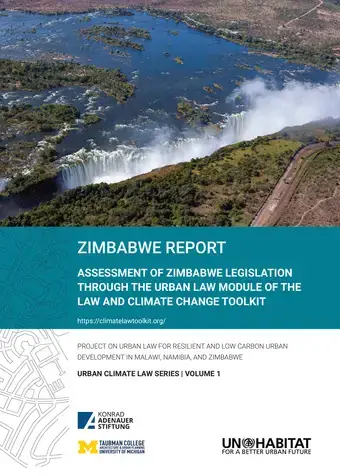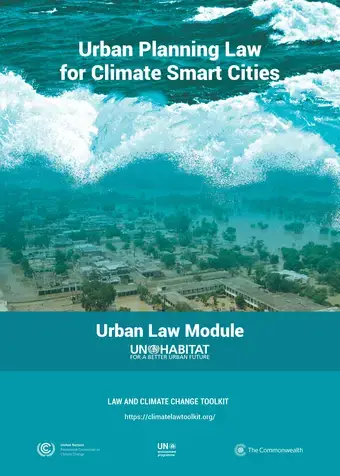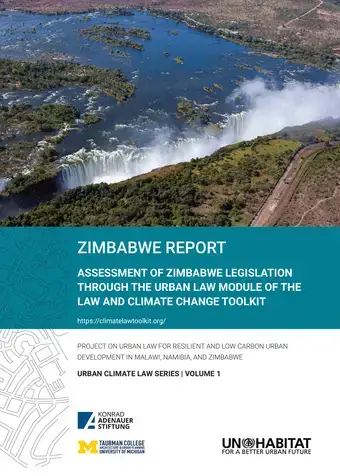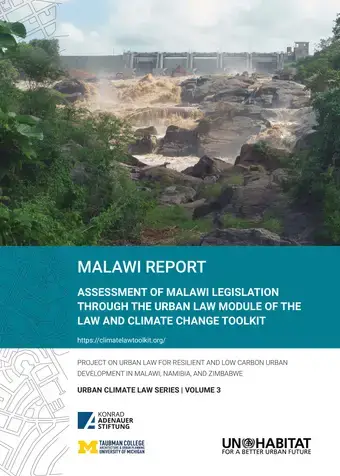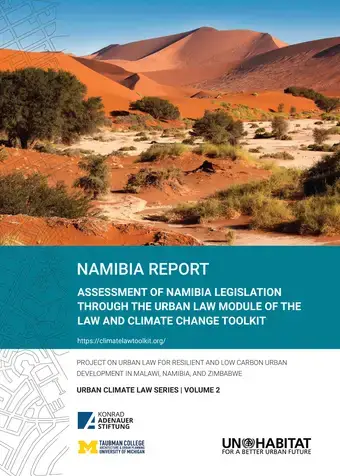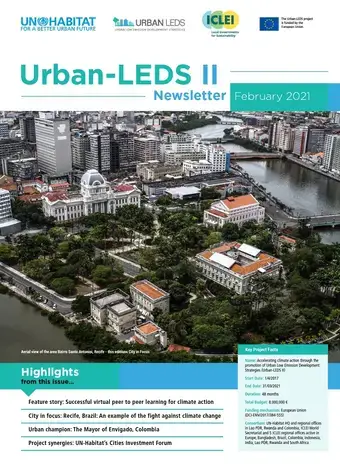“Transforming the City towards Low-Carbon Resilience” introduces urban design principles that support the transformation of existing cities towards more resilience regarding the impact of climate change. Steffen Lehmann - Professor, University of Portsmouth/Founder of s_Lab Space Laboratory for Architectural Research and Design (Sydney – Berlin), bases the lecture on his research in sustainable cities’ transformation and introduces the compact, mixed-use and walkable city model as the most promising urbanization type.
Fostering resilience through community based innovation - Mary Rowe, Municipal Art Society of New York
Based on her work experience in post-Katrina New Orleans and post-Sandy New York City, the Municipal Art Society of New York's Director of Urban Resilience and Livability, Mary Rowe, discusses the role of self-organization and granular innovation in urban resilience-building. Highlighting examples from New Orleans, New York City, and cities around the globe, Ms. Rowe focuses on the need for a collaborative process to build resilience that takes advantage of the systems and features already in place in the urban ecosystem.
Citizen roles in resilient cities - Ron Dembo, Zerofootprint
This lecture focuses on the role of citizens in developing cities, and shows that without the right behaviour and an engaged population even with the best infrastructure, cities will not be resilient. Ron Dembo explains how software, targeted incentive schemes and a sharp focus on the demographics of the city can be used to facilitate engagement and highlights examples where a top down drive and a zero tolerance on unsocial behaviour can help cities achieve resilience.
